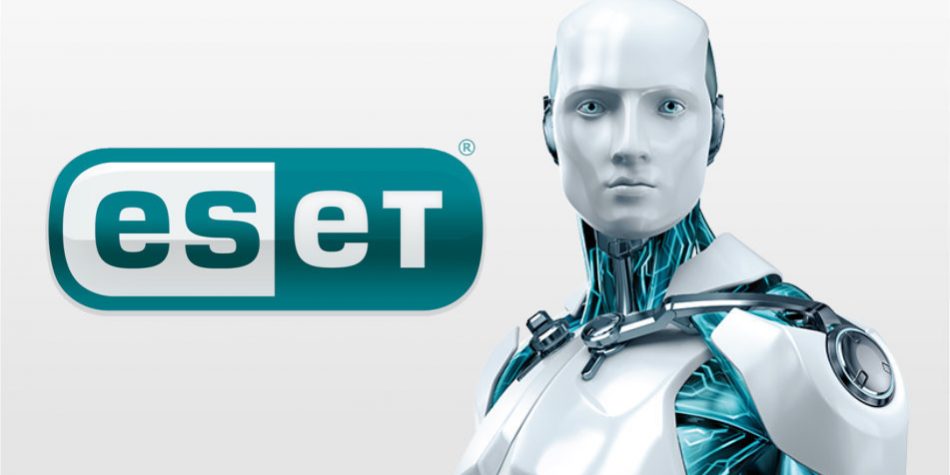In the face of ongoing cyber threats and, in particular, with the wave of ransomware that has been sweeping across computers halfway around the world for months (Italian data shows an 87% increase in ransomware reports from January to September 2017 compared to the same period in 2016), all major security companies are working to get to the bottom of it and limit the damage wherever possible. Among these companies we find Eset, of Slovak origin and whose antivirus solutions are an important tool for our lab technicians and for end users -businesses and individuals- who turn to the assistance provided by IT solution.
Unlike other approaches already promoted by other security companies, Eset opted for the introduction of a specific anti-ransomware tool based on cloud-based analysis. It is therefore a protection system that is activated even before the operating system is booted, which is the key moment when ransomware such as Petya entered the scene. The purpose of this tool is to check all cryptographic programs and processes, and the moment a suspicious activity is detected, Eset software initiates a check to see if it is a legitimate application or ransomware. Cloud verification can lead to three reactions from the security system:
- if the application is legitimate, the antivirus gives it the green light;
- if it is ransomware, it is immediately blocked;
- if the process is not among the known ones, it is suspended and the user is given the choice of what to do.
According to tests conducted by Eset, it seems that in case of an attack, the block would happen very quickly and a possible ransomware would be able to encrypt one or two files at the most before being stopped.
This new security system introduced by Eset will be available in the entire line that the Slovak company will make available for 2018: ideal tools for both businesses but also for families that have several devices connected to the Internet, thus responding to the growing need for security in the Internet of Things.
Sara Avanzi

